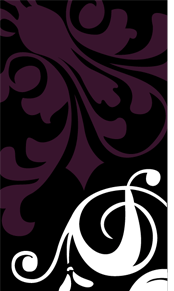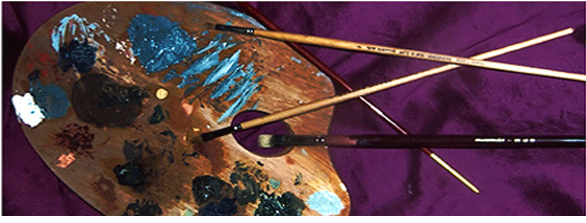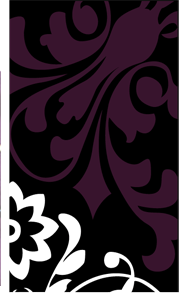Henri Matisse(1869-1954)Was the principal artist of the Fauve group. Matisse was a pupil of the
academician Bouguereau for a few months in 1892, and from 1892 to 1897 was a
pupil of Gustave Moreau. Matisse copied in the Louvre, and was strongly
influenced by Impressionism, and his Dinner Table (La Desserte) of 1897 shows
him working close to Bonnard and Vuillard. In 1901 he first met Vlaminck in the
company of Derain, whom he already knew. Matisse tried the Divisionist technique
about 1899, but turned to Cezanne by 1901-3, painting in strongly modelled form
and dark tones to offset the rather superficial quality of Signac's bright
colour. The influence of Signac was renewed in 1904 when Matisse stayed with him
in the South of France, and this renewed contact inspired the Luxe, Calme et
Volupte , which started the train that led to the explosion of color of the
Fauve movement. Matisse began collecting African sculpture although it affected
him less than it did the Cubists, and less also than the native artefacts he
brought back from a visit to Algeria in 1906. In that year Matisse exhibited the
Joie de Vivre, which marked a radical change of direction in that it turned away
from Signac's form of pointillism towards Cezanne, though still with Fauve
color. Exhibitions in Germany followed and in 1908-10 Matisse ran a school which
was thronged by American, German and, above all, Scandinavian pupils. By this
time Picasso had appeared on the scene, and after all the years of preparation
for the leadership of modem painting, Matisse found that the artistic centre of
gravity had shifted to Cubism. In 1910 Matisse saw the exhibition of Near
Eastern art at Munich, and it is clear that this decorative and brilliantly
colored art had a deep and lasting influence on him, reinforcing his Algerian
experience, particularly in his development of flat patterns with arabesques,
flowered backgrounds, and in his use of brilliant and pure colors either
juxtaposed or separated only by thin white lines or contours. He traveled widely
in Europe and in 1914 went to Nice for the winter, to remain for most of the
rest of his life on the Riviera, where Matisse painted the long series of
Odalisque and still-life subjects which are his main oeuvre.
Matisse’s famous oil paintings include:
- Odalisques
- Blue Nude
- Hindu Pose
- The Pink Studio
- Young Girl at the Piano
- Odalisque in Red Clothes
- Purple Dress and Anemones
- Joie de Vivre
- The Dance
|




